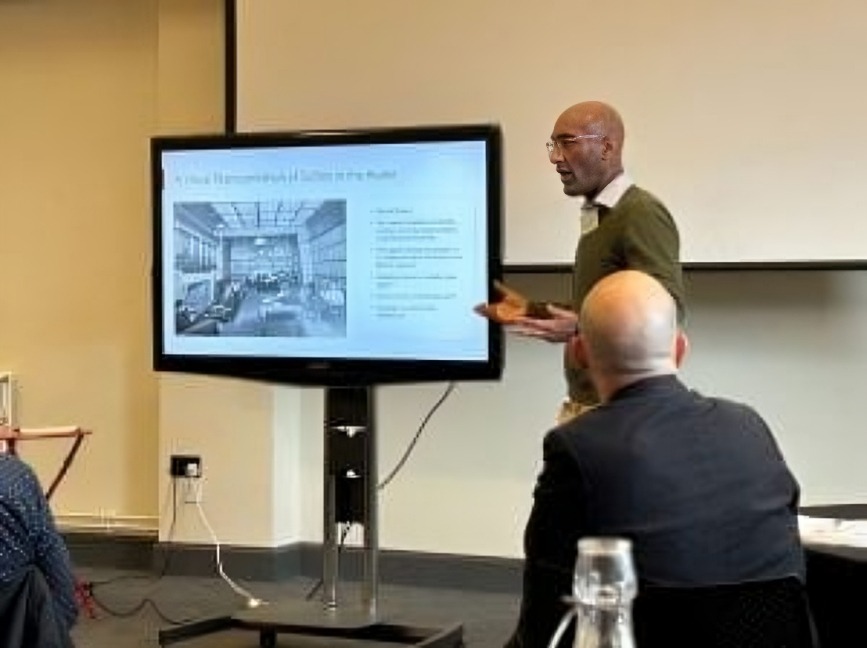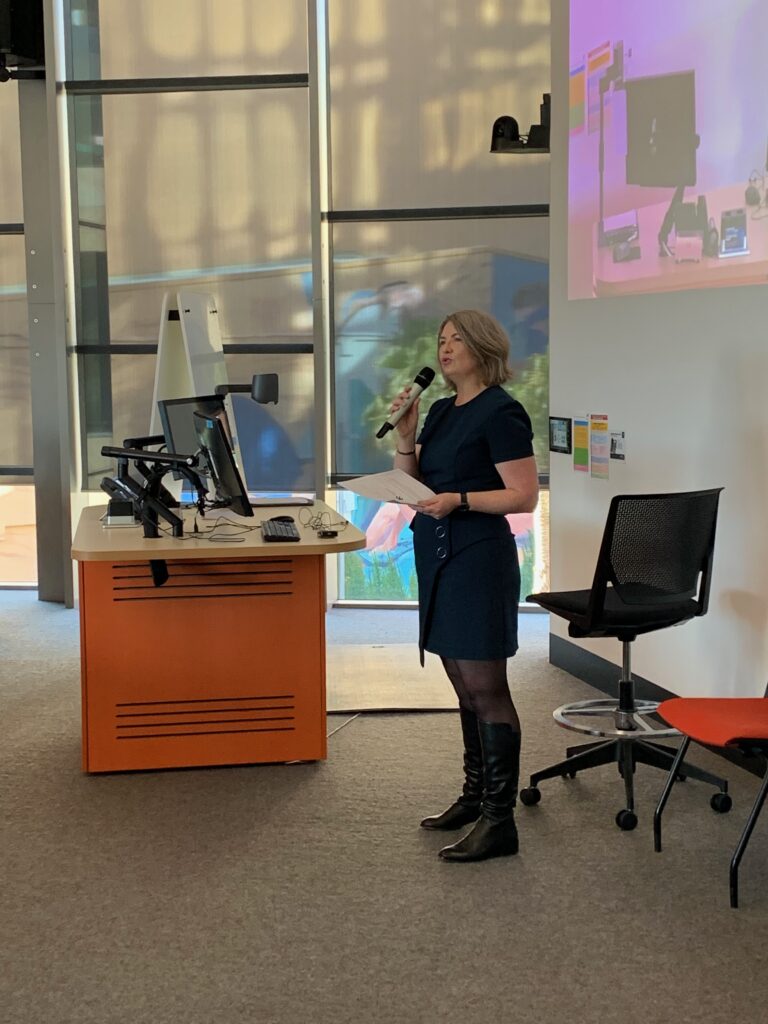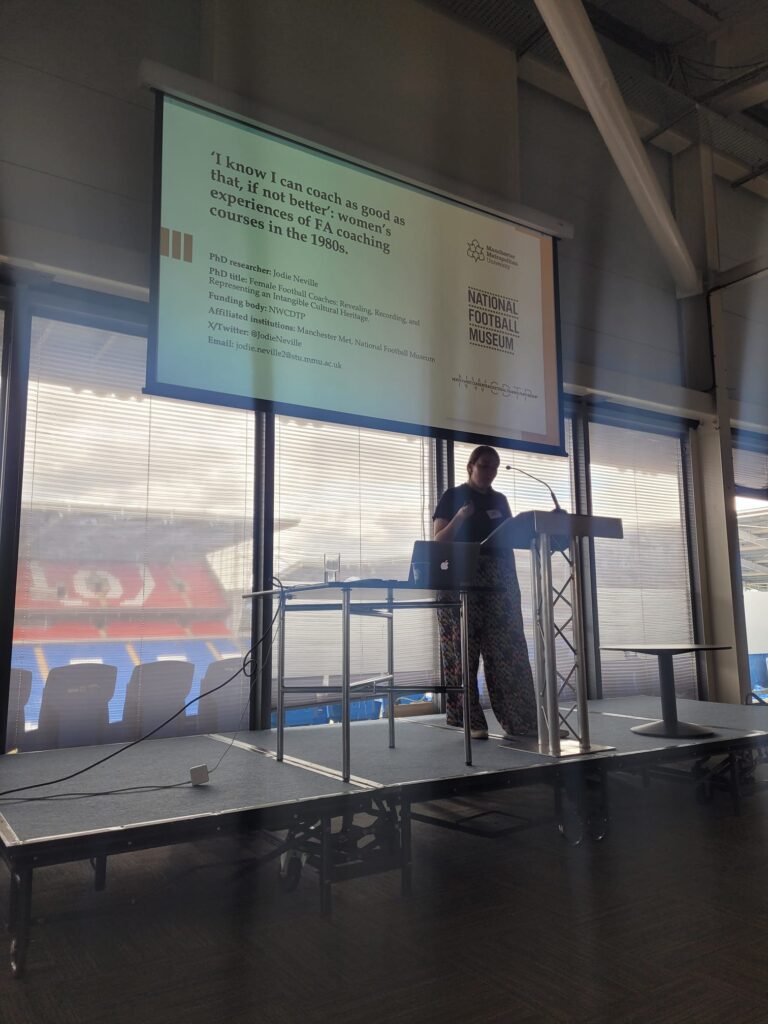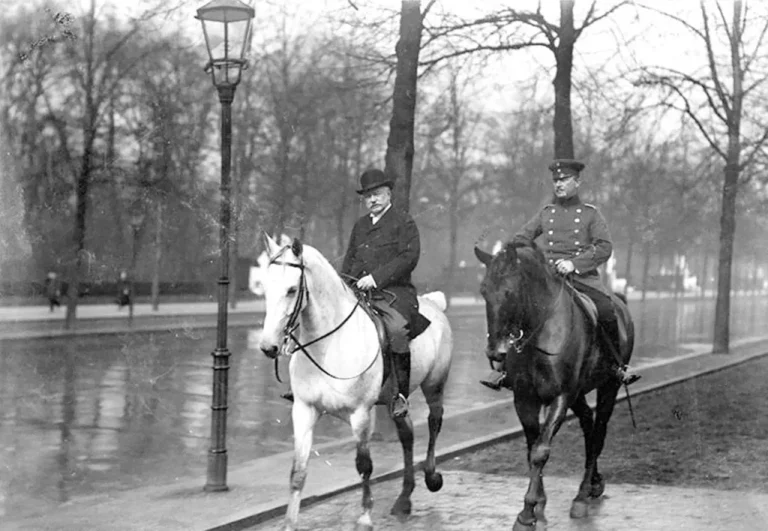Meet the PhD student: Haseeb Khan

In the second of a series of blogs introducing PhD researchers affiliated with Histories of RGSI, Haseeb Khan discusses his academic background, the importance of working collaboratively, and his forthcoming work.
Can you tell us a bit about yourself and background?
I was born and brought up in Manchester, and spent a bit of time away for Uni. Despite it changing in recent years, I love it here. My team is Man Utd, although I have not been enamoured with how the club has been run in the last decade or so. I am also a massive Muhammad Ali fan!
I have a history undergrad, and masters in Islamic Societies and Cultures. I then converted to law and was called to the Bar but after a few years working decided to come back into academia and pursue a PhD at Man Met. Working in a different industry gave me different skills, and more importantly perspective. It provided time and space to decide my career path and figure out a PhD topic.
In a few sentences, what is your research about?
I look at British Muslim identity amongst different Muslim groups in Liverpool and Manchester at the end of the nineteenth and early twentieth century. British Muslim identity has often been viewed as emerging after the Rushdie Affair in 1988. I take contemporary definitions of British Muslim identity and see how far they can be applied to Muslims in Britain from a much earlier period. In order to reflect the diversity of Muslims in Britain, across race, class and gender, I consider white, British converts, Asian seamen, Arab merchants, and Muslim women including converts and the wives of merchants.
What drew you to your research topic?
The history of Muslims in Britain, and other migrant groups, has often been associated with starting after World War II. Some people are surprised to learn that not only did Muslim communities begin to develop across the country in the nineteenth century, but their presence goes back to the Medieval period. Historiography around Muslims in Britain is relatively young. There were some pioneering studies in the 1980s, but it really only started developing from the 1990s. This area has also grown a little within its own niche. Despite Muslims offering unique and interesting examples for wider and older historiographies of religion, gender or labour in Victorian Britain, they are largely absent from these. As well as drawing attention to the long-term presence of Muslims in Britain, I hope to integrate this into wider historiographies. Whether that is around an alleged ‘crisis of faith’ in the nineteenth century, the emergence of women’s liberation movements in the early twentieth century, or seafarer and merchant labour.
Can you tell us a secret that has made your life as a PhD student easier?
Writing early on, thanks to my supervisors, was really useful. It is a skill and develops with practice, and it is helpful in the latter stages of a PhD to have work to refer back to. Engaging with academia in a full sense has also given me a good idea of what the career entails. Writing and research, publications and delivering papers, teaching and making funding bids may seem like academic bread and butter. But there are also loads of innovative ways of working collaboratively with the public, community or other industries. I have been lucky to be involved in organising public lectures, developing podcasts and schools’ engagement. This variety has been great, and probably kept me more interested in my PhD work than if I had just been focussing on the PhD. Admittedly it does require time management and may sometimes serve as (good!) procrastination.
Why does this history matter?
It contributes to a sense of belonging to Muslims in Britain, whilst recognising their diversity in identity and experience. I think it is important to show that Islam or Muslims are not alien from Britain’s history. This should not only be included on history courses beginning in 1945. It should also form part of modules on the Victorian era, female emancipation, or World War I and II to name a handful of examples.
What future plans do you have?
Firstly, finish the PhD! After that I want to develop a post doc out of a project that I started in 2023, Muhammad Ali in the UK. The project charts Ali’s many visits to different UK cities. As well as telling the wonderful known and unknown stories of the champ, I am seeking out the perspectives of the people and places who met Ali. I have a project website here, with some interviews and pieces of writing. Different themes have emerged around race, anti-racism, transnationalism and religious identity. I would also love to incorporate wider public and schools’ engagement into any future research areas.



